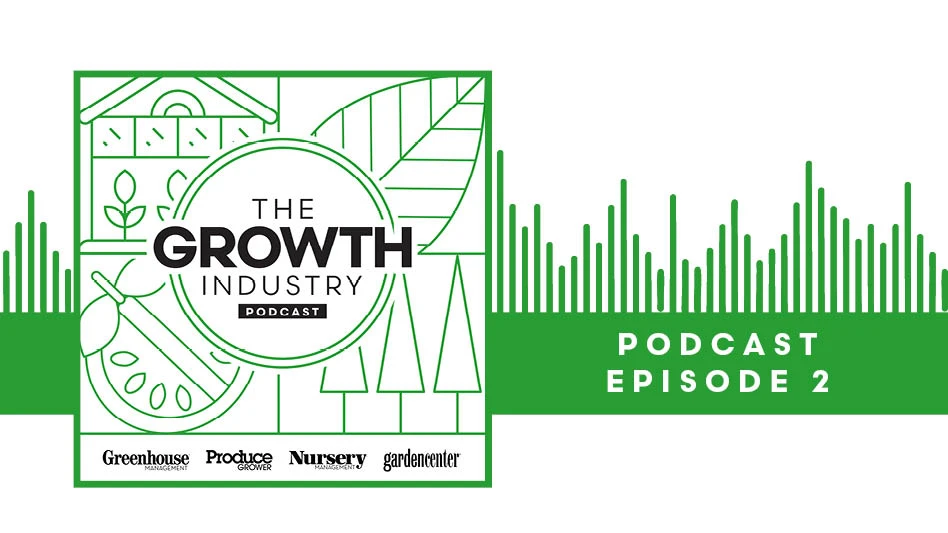_(1)_fmt1.png)
Greenhouse Management: What’s new in the industry for Integrated Pest Management (IPM)?
Jen Browning: Everyone has noticed movement — companies and products changing hands and a longer cadence between new active ingredients, products, and biological control agents. While we’re in this period of transition, we’re seeing growers be very resourceful and more operations use hybrid approaches that include some biological solutions. Fewer are all-in on a single strategy, for example completely conventional, or all biological.
GM: What does that mean for growers?
JB: It often means updating IPM programming to boost efficacy and considering more progressive or hybrid approaches. Even small changes to a program can make big differences to the bottom line. Changes might include replacing or adding applications, like including a low-cost adjuvant with fungicides or insecticides to lengthen residual or making additional sprays that increase control to improve plant quality. It can also mean replacing single active ingredient products with combos.

GM: What are some ways to hybridize IPM programs?
JB: I like to recommend a simple entry point for biologicals in an operation: “Foundational Fridays.” Every Friday, make applications of simple formulated biologicals. Those are bioinsecticides, biofungicides, beneficial nematodes, biorationals or any other biological product you apply like conventional chemistry. Foundational applications keep target pest pressures lower, helping the rest of the IPM program work better. In our BASF program, we recommend Nemasys® and Millenium® beneficial nematodes for fungus gnats and shore flies, and Velifer® fungal contact insecticide/miticide for aphids, thrips, whiteflies, mites and more. These are applied weekly, starting at the high rates for each product. When pest pressure drops below threshold for the target, you can reduce the rate; but you always make applications on Friday, so it stays on the calendar. Add in whatever other formulated biological products are needed, and that’s Foundational Friday. The rest of the program works around that foundation.
GM: Why would growers consider biologicals from a chemical company?
JB: BASF doesn’t try to do everything in the biologicals arena; we chose a small number of things to do well. In Velifer, both the proprietary Beauveria bassiana strain and the formulation are unique to BASF, providing unmatched performance and plant safety in this category. We were the first to move fresh product to customers via “cold-tunnel logistics,” so the product arrives alive, labeled for maximum shelf-life protection. Our beneficial nematode line that includes Nemasys and Millenium is also handled in the cold tunnel for direct delivery to end users. We bundle these products with technical, programming, and compatibility support, making it easy to integrate biologicals into the operation.
GM: Have growers tried and been successful with Foundational Fridays?
JB: Yes! They’re already doing Conventional Tuesdays — maybe on a different day of the week — and all that’s left is Beneficial Wednesdays for BCA releases if they want to go all in. Winter-Spring is the perfect time to start and an easy incorporation for new or established biological users. The system is flexible and dynamic, just like IPM. It’s easy to adjust to the grower’s operation, it’s successful because it’s scalable, and it just works.
Get curated news on YOUR industry.
Enter your email to receive our newsletters.
Explore the May 2023 Issue
Check out more from this issue and find your next story to read.
Latest from Greenhouse Management
- Trends: Proven Winners 2025 perennial survey shows strong demand
- Online registration opens for the 2025 Farwest Show
- Sustainabloom launches Wholesale Nickel Program to support floriculture sustainability
- Be the source
- pH Helpers
- Society of American Florists accepting entries for 2025 Marketer of the Year Contest
- American Horticultural Society welcomes five new board members
- Color Orchids acquires Floricultura Pacific, becoming largest orchid supplier in U.S.





